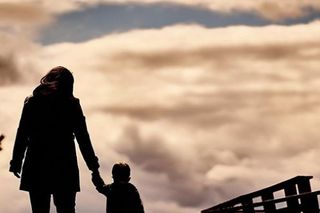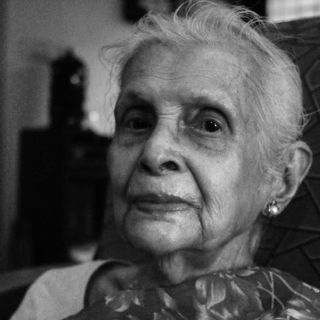
Study: It’s Better to Tell Children the Truth About Their Adoption Sooner Than Later
Children who are told after age three that they are adopted feel more distress than those who find out earlier.

Adopted children experience greater distress if they’re told after age 3 that they are adopted. According to the study, “Delaying Adoption Disclosure: A Survey of Late Discovery,” published in the Journal of Family Issues, people who received the news of their adoption as young adults or adults have less life satisfaction than people who found out as young children. Incidentally, most of the researchers who helped carry out the survey were also adopted.
This study contradicts previous studies that recommend parents tell children between ages 4-15 that the child is adopted, or wait until the child is an adult to disclose the news.
254 adoptees took a survey consisting of the K10 (Kessler Distress Inventory), which is used to measure anxiety and depression, and a 10-item questionnaire called the World Health Organization Quality of Life Scale-BREF, an internationally accepted, cross-culturally comparable quality-of-life assessment. Open-ended individual questions regarding mental health and demographic details were also collected.
Discovering one is adopted requires psychological work to reconcile at any age. But beyond dealing with more distress, people who discovered at a later age that they were adopted also indicated a lack of open communication with their parents. Often, parents who delay telling the truth about or who deny adoption spin a web of lies to keep their child’s birth status under wraps. Maintaining these lies and secrets can have an adverse impact on everyone involved. Denial of adoption, or delayed disclosure, can create barriers in a person’s development; people who discovered their adoption status much later go through critical development stages believing one set of facts about their origin, only to have it falsified later. This means they must revisit these developmental stages with a different set of facts about who they are, while also dealing with a sense of betrayal due to familial secrecy.
Regarding how she felt post-disclosure, an adult woman in the study said, “Realizing that you don’t know who you are is life-changing. Every relationship in my life changed at that moment. I am much more guarded in every aspect now. Finding out that everyone knew and I didn’t is probably the single most traumatic event in my life.” She found out about her adoption when she was 49 years old.
Related on The Swaddle:
Know Your Rights: Adoption In India
Greater secrecy is also associated with distant relationships and often results in more avoidant behavior, anxious attachment, and greater social loneliness. In stark comparison, openness and honesty in adoptive families were a direct cause of closeness in relationships.
Adolescents who found out they were adopted reported the most distress; people who found out at age 19 or older that they were adopted weathered the news mildly better. Researchers believe this is because adults have better access to coping strategies, as compared to their younger counterparts. The major coping systems that researchers identified in people who discovered as adults that they were adopted included connection, i.e. trying to connect with their birth family, and seeking support from close relationships, like family, partners and close friends.
Related on The Swaddle:
Indian Adoption Body Allows Live‑in Couples to Be Parents
The most maladaptive source of coping that emerged from the study was masking or suppressing emotions. Anotherperson interviewed for the study, who discovered at age 18they were adopted said, “The least beneficial thing that I did in coping with this information was the degree of rebelliousness that I took. I began stealing from my adoptive parents out of anger, outrage, betrayal, and an overwhelming sense of loss [of myself and my life].”
Currently, little to no literature exists with respect to helping adults who are distressed by the late discovery of their adoption. This is because treatment plans mostly focus on children who receive partial/full disclosure of adoption. The only way to break the cycle of coping with late disclosures of adoption is to dismantle the shame and stigma associated with adoption and encourage healthy openness and communication in families.
Aditi Murti is a culture writer at The Swaddle. Previously, she worked as a freelance journalist focused on gender and cities. Find her on social media @aditimurti.
Related


Aziz Ansari Is Not Sorry (or Funny), Just Richer, after ‘Right Now’
